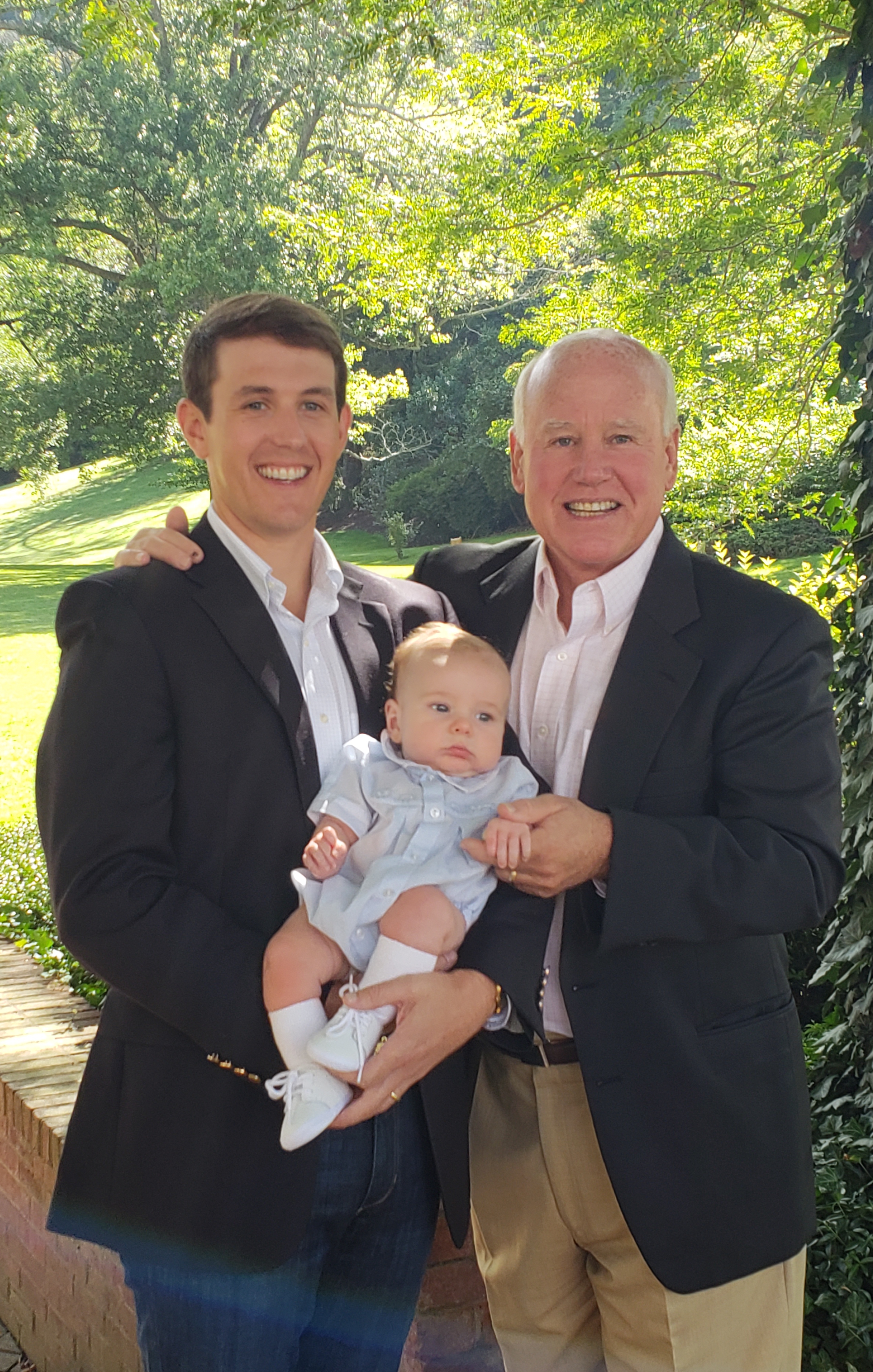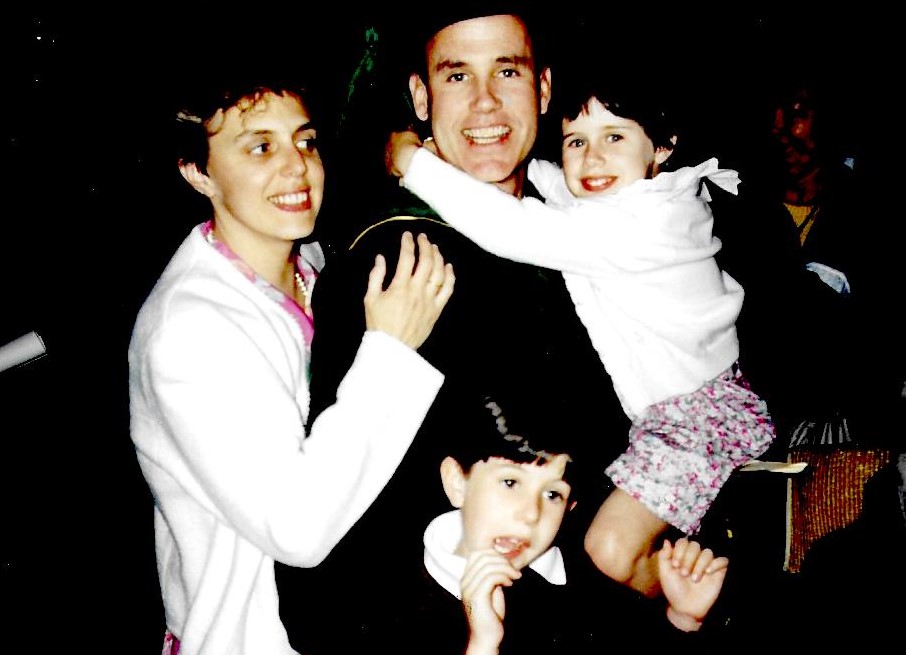A young couple, with their one-year-old son, presented to the emergency room concerned about their ill-appearing child. He had been correctly diagnosed with an ear infection two days before and placed on age-and-weight-appropriate antibiotics by their pediatrician.
He did not get better. He got worse, with more crying, less eating, and today he had a fever of 103.5 but was quiet. He did not respond to light, noise, or tactile stimulation. The emergency room pediatrician was instantly concerned.
“I need a blood count, a cath urine, and an IV right now,” he told the nurse. She moved to comply as the concern in his voice spoke volumes. The parents looked on, wide-eyed and confused.
After the IV was placed, blood drawn, and a catheterized urine sample sent off, the physician ordered high dose IV antibiotics to be given STAT. We waited for the needed lab results. He directed me to get a mask and sterile gown on. He did the same.
“We need to do a spinal tap to rule out meningitis,” he told the parents. “Why don’t you two have a seat in the waiting room, and we’ll come get you soon. I’ll admit your son to the pediatric ICU as soon as we’re done here.”
The next day, on morning rounds, they informed us that the child had been diagnosed with the extremely dangerous bacterial meningococcal meningitis. The spinal tap had confirmed it. The infection had started in the ear.
This morning, only hours after he had come to the emergency room, the child was being kept alive by machines. He was brain-dead. The parents were bedside, and in shock, as the ICU pediatrician once again outlined his findings.
As a group of students, we were all stunned and confused. “How could this happen? Did someone do something wrong? Is there a reason for it?” we all wondered in dismay.
There were a few more tests, and a neurology consultation to measure for brain activity. And finally, a determination that these parents had lost their first-born child to an ear infection gone bad.
Later that day, after local family members had come to be with the child, the parents gave permission to disconnect their son from life support. I stood behind the mother, who cradled her son in her arms, with her lips caressing his pink, warm cheek. Her young husband held her free hand and tried to stifle sobs as tears rolled down his cheeks. The room was cold and brightly lit.
The pediatric resident-in-training was tasked with removing the endotracheal tube and turning off the respirator. She cried quietly as she performed this final task. I surveyed the room through my own tears. The entire entourage witnessing the tragedy displayed their distress with tears – except one.
The attending pediatric physician stood aside, in his starched white coat with a neatly tied tie and monitored the proceedings. He was dry-eyed.
That was the moment I knew — I could never be a pediatrician.


